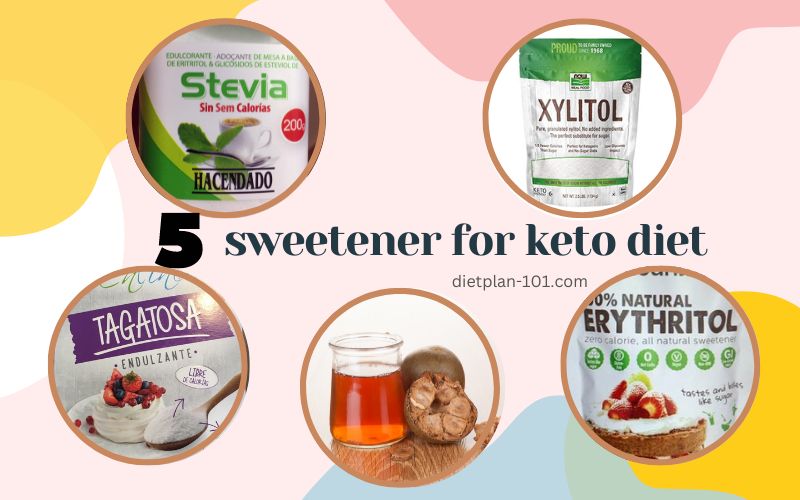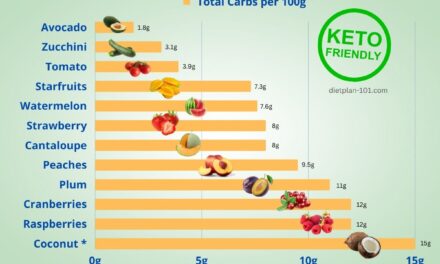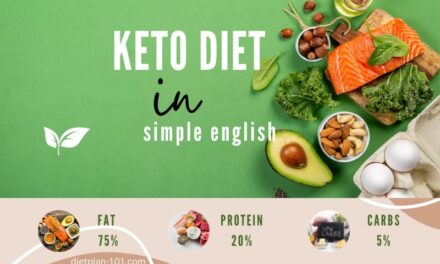Keto sweetener list: The keto diet has its own set of challenges, and one of them is figuring out which sweeteners are allowed and which aren’t. I’ve compiled a list of the most common keto-friendly sweeteners and provided some information about why they might be good for you.
Here is our Keto-friendly sweetener list:
- Erythritol
This one is my favorite! It’s a naturally-occurring sugar alcohol that doesn’t have an aftertaste, and it can be found in many common foods like fruits and vegetables. The brand I use is Swerve, which is made from erythritol and oligosaccharides (a sweet fiber). It’s calorie-free and works great as a replacement for sugar in recipes.
- Monk Fruit Extract
Monk fruit extract is a natural sweetener derived from the dried pulp of the monk fruit native to southern china and Indochina. the monk fruit is a small, round, juicy fruit that grows on a vine, similar to a pumpkin or squash. it is also known as lo han guo.
fruit that’s loaded with antioxidant, anti-inflammatory and anti-tumor properties
Monk fruit sweetener is another natural option that has no calories or carbs, but it does contain some fructose (about 10%). It also has a very mild flavor that blends well with other ingredients in baking recipes like chocolate chip cookies or brownies!
- Stevia
Stevia leaf extract powder is another popular choice among low-carb dieters because it contains zero calories per serving (5 g), but also has a very sweet taste without any bitter aftertaste like some other artificial sweeteners out there can sometimes have when added to recipes.
- Xylitol
Xylitol is a natural sweetener that’s found in many fruits and vegetables, but it’s also used as a sugar substitute because of its low glycemic index—meaning that you get all the sweetness without the spike in blood sugar levels.
Xylitol: Keto sweetener for coffee
You can use xylitol anywhere you’d use regular sugar: in drinks like coffee, tea, and hot chocolate; as an ingredient in baking and cooking; and mixed into other foods like yogurt or salad dressing. It has no aftertaste, so it’ll blend right in with your favorite recipes.
- Tagatose
Tagatose is a keto-friendly sweetener and sugar substitute. It’s made from milk, which means it’s a natural product that doesn’t contain any artificial ingredients or chemicals.
One of the best things about tagatose is that it has a glycemic index of zero—meaning that your body won’t absorb any of its carbohydrates into your bloodstream. This makes it an ideal sweetener for people who are trying to cut back on their carbohydrate intake while still enjoying their favorite foods!
Best keto sweetener – the bottom line
We all have our guilty pleasures, and for some it’s sweet stuff. Sometimes you need a little something special to get through the day, or just to satisfy your taste buds. But if you’re on a keto diet, that might not be possible—or at least it shouldn’t be!
Fortunately, there are a few keto-friendly sweeteners (keto diet sweeteners) that will keep your cravings in check while still allowing you to enjoy the sweetness of life. These are not the only keto sweeteners or the best keto sweeteners on the market, but they are the ones that have worked well so far. Find out which is best for you and feel free to add your entry in the comments section below.
Lastly…
Honey is not suitable for Keto Diet.
Is honey keto friendly?
No, honey is not keto friendly. According to USDA, 100g of honey contained 82g of total carbohydrates. The keto diet restricts the consumption of carbohydrates to 20-50 grams a day. Since honey contains around 17 grams of carbs per single tablespoon, there’s not a whole lot of room left for those on the keto diet.
If you are on a strict ketogenic diet and having sweet cravings, it is best to stick to low-carb sweeteners. These sweeteners have no impact on your blood sugar levels and do not mess with your ketosis process.
Reference:
- Gastrointestinal Disturbances Associated with the Consumption of Sugar Alcohols with Special Consideration of Xylitol
- Erythritol as sweetener—wherefrom and whereto?
- Effects of stevia, aspartame, and sucrose on food intake, satiety, and postprandial glucose and insulin levels
- Stevia, Nature’s Zero-Calorie Sustainable Sweetener
- Insulin secretion stimulating effects of mogroside V and fruit extract of luo han kuo (Siraitia grosvenori Swingle) fruit extract
- FDA: Additional Information about High-Intensity Sweeteners Permitted for Use in Food in the United States
- Effects of aspartame-, monk fruit-, stevia- and sucrose-sweetened beverages on postprandial glucose, insulin and energy intake
- Antiproliferative Activity of Triterpene Glycoside Nutrient from Monk Fruit in Colorectal Cancer and Throat Cancer







